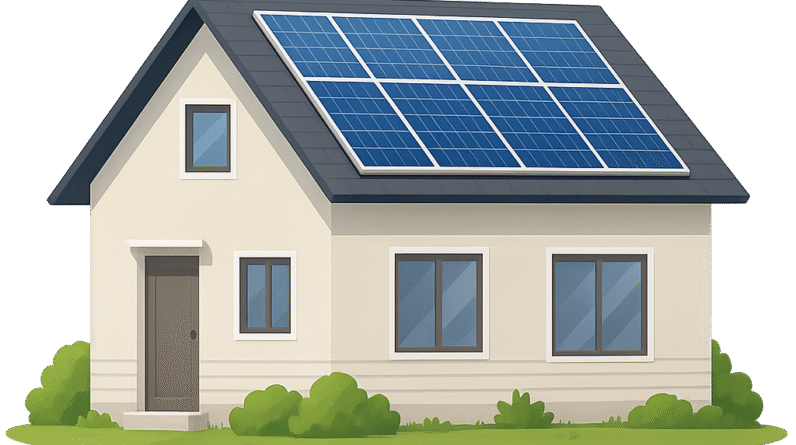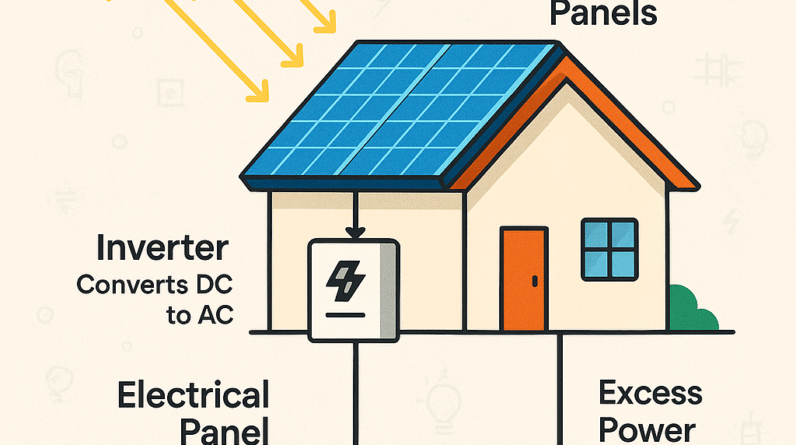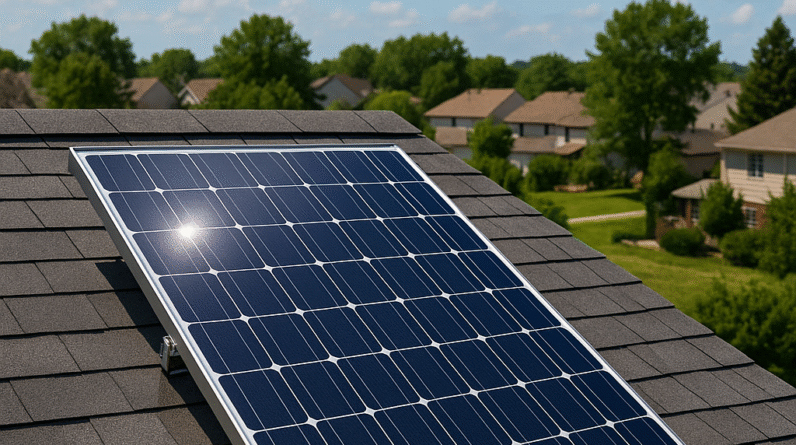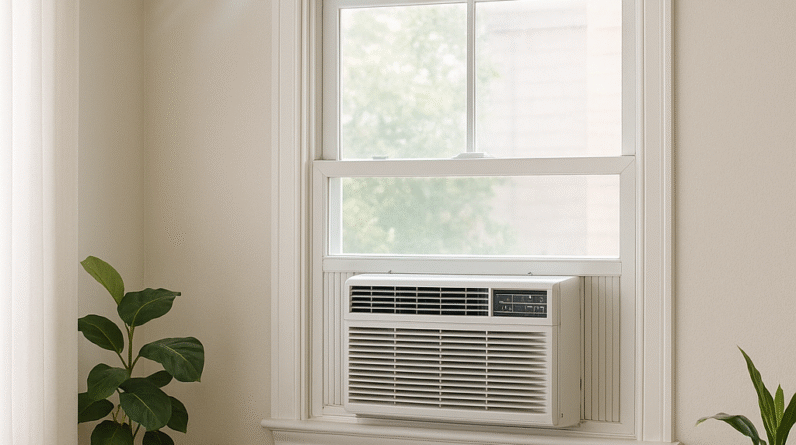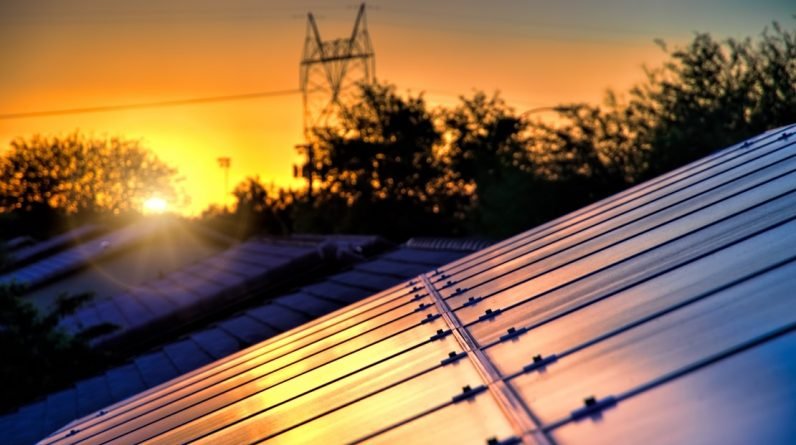
What Are 3 Cons Of Using Solar Panels?
What Are 3 Cons Of Using Solar Panels? So you’ve been considering installing solar panels to save on energy costs and reduce your carbon footprint, but you’ve heard there may be some downsides. Well, in this article, we’ll explore three potential drawbacks of using solar panels. While they undeniably have numerous benefits, it’s important to consider all aspects before making a decision. So, let’s shed some light on the potential cons of embracing solar energy!
1. High Initial Cost
Investing in solar panels can be quite expensive, requiring a significant upfront cost. This includes not only the cost of the panels themselves but also the high prices of the necessary equipment. Solar panels need to be connected to an inverter, which converts the DC power generated by the panels into AC power that can be used in your home or business. Additionally, installation costs can add up if you choose to hire professionals for the job. Furthermore, you may need to invest in a storage system, such as batteries, to store excess energy for later use, which can also contribute to the overall cost.
1.1 Expensive Equipment
One of the main cost factors when it comes to solar panels is the price of the equipment. Solar panels are made up of photovoltaic cells, which are responsible for converting sunlight into electricity. These cells are made from materials like silicon, which can be quite expensive to manufacture. The cost of the panels increases as their capacity and efficiency improve. Therefore, if you want to generate a significant amount of power, you may need to invest in more expensive and higher-capacity panels.
Installing solar panels on your property typically requires professional assistance, unless you have experience with electrical work and are comfortable doing it yourself. Hiring qualified installers can be costly, as they need to mount the panels securely and connect them to your electrical system. Furthermore, depending on the complexity of the installation, additional equipment and materials may be required, further adding to the installation costs.
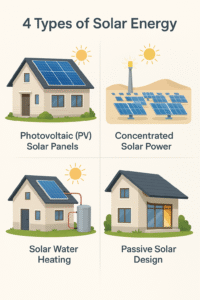
1.3 Storage System Costs
While solar panels generate electricity during the day, they do not produce energy in the absence of sunlight, such as during the night or on cloudy days. To ensure a continuous power supply, you may need to invest in a battery storage system. These batteries store excess energy generated by the solar panels during the day for later use, allowing you to have power even when the sun is not shining. However, these storage systems can be quite expensive and add to the overall cost of your solar panel setup.
2. Dependence on Sunlight and Weather
Solar panels heavily rely on sunlight to generate electricity. However, their efficiency is significantly reduced on cloudy days or in areas with limited sunlight. This reliance on sunlight can result in reduced power output and, consequently, decreased energy production.
2.1 Reduced Power Output on Cloudy Days
Cloudy days can significantly impact the amount of energy generated by solar panels. As clouds block a considerable amount of sunlight, the panels receive less energy and, therefore, produce less electricity. This reduced power output can disrupt the consistency of your power supply, especially during periods of extended cloud cover.
2.2 Seasonal Variations in Energy Production
The amount of sunlight and daylight hours vary throughout the year, causing seasonal fluctuations in solar energy production. During winter months or in regions with shorter days, solar panels may generate less energy compared to the summer months. This seasonal variation can affect the reliability of your solar energy system, requiring alternative energy sources or grid dependence during periods of low solar production.
2.3 Nighttime Energy Dependency
Solar panels do not produce electricity during the night when there is no sunlight. This means that you will be dependent on other power sources, such as the electrical grid, during nighttime hours. This reliance on external energy sources can undermine the goal of achieving energy independence and may result in additional costs if you need to purchase electricity during non-solar hours.
3. Environmental Impact
While solar panels offer clean energy generation, their production, disposal, and potential environmental impact must also be considered.
3.1 Manufacturing and Disposal of Panels
The manufacturing process of solar panels requires the extraction and processing of raw materials, such as silicon and various metals. These processes can have a negative impact on the environment, contributing to pollution, habitat destruction, and greenhouse gas emissions. Additionally, at the end of their lifespan, solar panels need to be properly disposed of or recycled, which also poses challenges in terms of environmental sustainability.
3.2 Land and Habitat Disruption
Solar panel installations require significant land space, especially for larger-scale solar farms. This can lead to the disruption of natural habitats and ecosystems, potentially affecting local flora and fauna. The construction of solar farms may result in the clearing of vegetation and the displacement of wildlife, which can have long-term ecological implications.
3.3 Use of Hazardous Materials
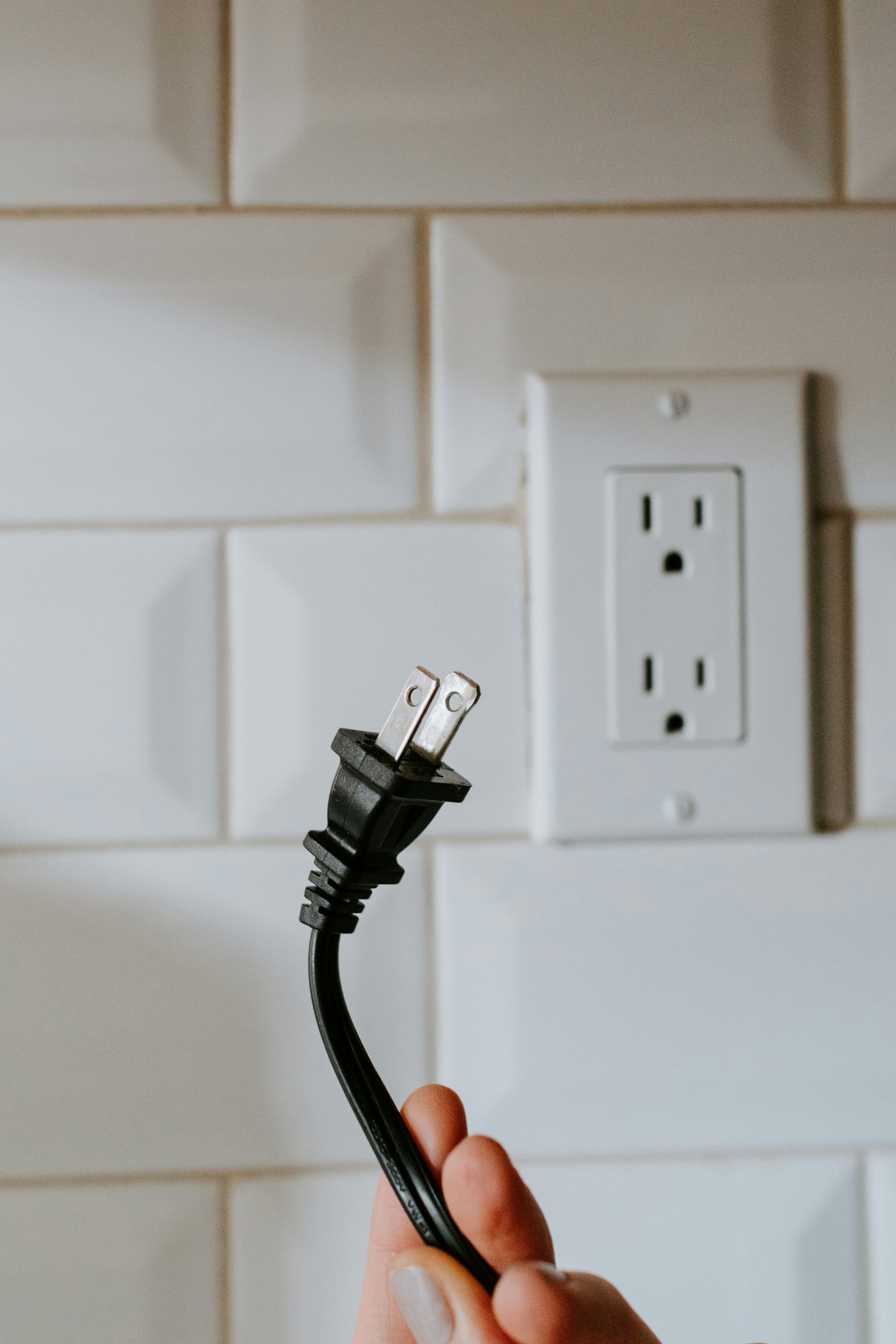
Certain components of solar panels, such as lead and cadmium, are considered hazardous materials. While modern manufacturing processes aim to minimize the use of these substances, there is still a potential risk of environmental contamination during production, installation, and disposal. Proper handling and disposal of panels are necessary to mitigate these risks and ensure minimal harm to the environment.
4. Limited Efficiency and Storage
Solar panel efficiency and overall energy storage capabilities can pose challenges for those relying solely on solar energy.
4.1 Inefficiency in Energy Conversion
Solar panels have a limited efficiency in the conversion of sunlight to electricity. Not all sunlight is converted into usable power, and some energy is lost as heat during the conversion process. Higher-quality and more expensive panels tend to have higher efficiency ratings, but even then, there are inherent losses in the system. The limited efficiency of solar panels means that you need a larger installation to generate the desired amount of electricity.
4.2 Battery Storage Challenges
Storing excess energy generated by solar panels can be challenging. Batteries used for energy storage have limited capacity and efficiency, and their overall lifespan can be affected by factors such as temperature fluctuations and charge-discharge cycles. While advancements have been made in battery technology, adequate storage capacity can still be a limiting factor for those seeking energy independence or during periods of high energy demand.
4.3 Need for Backup Energy Sources
Solar panels may not always meet your energy needs, especially during times of high demand or low solar production. For this reason, having backup energy sources, such as a connection to the electrical grid or a backup generator, may be necessary. This reliance on additional energy sources can offset some of the benefits of solar energy and may incur additional costs.
The intermittent nature of solar power can present challenges in maintaining a consistent and reliable power supply.
5.1 Inconsistent Power Availability
Solar panels can only generate electricity when exposed to sunlight. This means that power availability can be inconsistent throughout the day, depending on the angle and intensity of sunlight. If your energy demands exceed the solar panel output during peak usage times, you may experience a shortage of power and may need to rely on alternative sources.
5.2 Grid Dependence during Low Production
During periods of low solar energy production, such as during cloudy days or at nighttime, solar panel owners may need to rely on the electrical grid for power supply. This dependence on the grid can undermine the goal of energy independence and may lead to additional costs, especially during times when electricity rates are higher.
5.3 Power Consumption and Load Management
Managing energy consumption and load during times of high energy demand can be challenging with solar energy systems. If your energy consumption exceeds the capacity of your solar panels, you may need to resort to alternate energy sources or adjust your energy usage to avoid overloading the system. This can require active monitoring and management of power consumption to ensure a stable energy supply.
6. Location Constraints
The location of your property and the surrounding environment can impact the suitability and effectiveness of solar panels.
6.1 Requirement of Sun Exposure and Orientation
Solar panels require direct sunlight to operate efficiently. If your property is shaded by tall buildings or trees, or if it has an unfavorable orientation with respect to the sun, the panels may receive less sunlight, reducing their energy production potential. A thorough assessment of sun exposure and orientation is necessary to determine the feasibility and effectiveness of solar panels in your location.
6.2 Limited Space for Installation
Solar panel installations require a significant amount of space, especially for larger installations. If you have limited rooftop space or a small property, it may be challenging to accommodate a sufficient number of panels to meet your energy needs. Available space constraints can limit the potential size and output of your solar energy system.
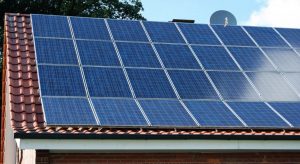
6.3 Unfavorable Climate Conditions
Certain climates are more conducive to harnessing solar energy efficiently. Areas with consistent sunny weather and minimal cloud cover are ideal for maximizing solar panel output. In regions with frequent cloud cover or long periods of low sunlight, the energy production potential of solar panels may be significantly reduced. It is essential to consider the climate conditions of your location when assessing the viability of solar panels.
7. Need for Regular Maintenance
Solar panels require regular maintenance to ensure optimal performance and longevity.
7.1 Panel Cleaning and Inspection
Dirt, dust, and debris can accumulate on the surface of solar panels over time, reducing their efficiency. Regular cleaning is necessary to remove any obstructions and maximize sunlight absorption. Additionally, routine inspections can help identify any issues or damages that may require repairs or component replacement.
7.2 Performance Monitoring
To ensure that your solar panels are functioning properly and producing the expected amount of energy, regular performance monitoring is essential. Monitoring can help detect any potential issues or inefficiencies, allowing for timely interventions and maintenance. This may involve using monitoring software or engaging professionals to assess the performance of your system.
7.3 Repairs and Component Replacement
Like any other technology, solar panels can experience malfunctions or degradation over time. Components may fail or become less efficient, impacting overall energy production. It is important to have a plan in place for regular repairs and component replacement to maintain the optimal functioning of your solar energy system.
8. Potential for Power Outages
While solar panels can provide a reliable power source under normal circumstances, specific factors can still lead to power outages.
8.1 Grid-Tied Systems and Blackouts
Most residential solar panel systems are grid-tied, meaning they are connected to the electrical grid. This allows excess energy produced by the panels to be fed back into the grid and reduces the need for energy storage. However, during a power outage or blackout, grid-tied systems automatically disconnect for safety reasons, leaving your home without power, despite having solar panels.
8.2 Inverter Failures and Outages
Inverters are essential components of solar energy systems as they convert the DC power generated by solar panels into the AC power used in homes and businesses. Inverter failures can disrupt the entire system and result in a loss of power generation. While inverters are generally reliable, malfunctions or outages can occur, requiring maintenance or replacement to restore power supply.
8.3 Disruptions in Connectivity and Functioning
Solar energy systems rely on various interconnected components, such as wiring, circuit breakers, and monitoring systems. Disruptions in connectivity, whether due to physical damage, technical failures, or environmental factors, can result in a loss of power or an overall reduction in system efficiency. Regular maintenance and prompt repair of any connectivity issues are crucial in avoiding power outages.
9. Technical Limitations
Solar panels can be subject to various technical limitations, which may impact their overall performance and compatibility.
9.1 Unstable Power Output
The power output of solar panels can fluctuate, especially when exposed to varying sunlight conditions or system inefficiencies. This instability can pose challenges when it comes to powering certain electronic devices that require consistent and stable power supply, such as sensitive medical equipment or industrial machinery.
9.2 Voltage and Incompatibility Issues
Solar panels generate DC (direct current) power, while most household appliances and the electrical grid operate on AC (alternating current) power. Therefore, solar energy systems require inverters to convert the electricity from DC to AC for compatibility. However, the compatibility and voltage requirements of different appliances and equipment can vary, potentially posing issues when powering specific devices with solar energy.
9.3 Need for Professional Installation
While solar panel installation can be a DIY project for some, it is often recommended to have professional installation for optimal performance and safety. Professional installers are well-versed in electrical work, ensuring proper wiring, system setup, and adherence to building codes. However, the need for professional installation adds to the overall cost of implementing solar panels.
10. Financial Incentives and Regulations
The financial incentives and regulations surrounding solar energy can be complex and may pose challenges for potential solar panel owners.
10.1 Difficulties in Accessing Incentives
Many governments and organizations offer financial incentives, such as tax credits, rebates, or grants, to promote the adoption of solar energy. However, accessing and navigating these incentives can be time-consuming and challenging. Eligibility criteria, application processes, and changing regulations may create barriers for individuals or businesses seeking financial support for their solar panel installations.
10.2 Changing Government Policies
Government policies regarding solar energy can vary over time, impacting the financial viability and support available for solar panel owners. Changes in subsidies, feed-in tariffs, or net metering regulations can affect the return on investment and the overall benefit of installing solar panels. Staying informed and adaptable to evolving policies is essential for individuals or businesses pursuing solar energy.
10.3 Compliance with Building Codes
Solar panel installations need to comply with local building codes and regulations. These requirements may dictate aspects such as panel placement, structural integrity, and electrical safety. Adhering to building codes not only ensures the safety and reliability of your solar energy system but also adds an additional layer of complexity and potentially cost to the installation process.


